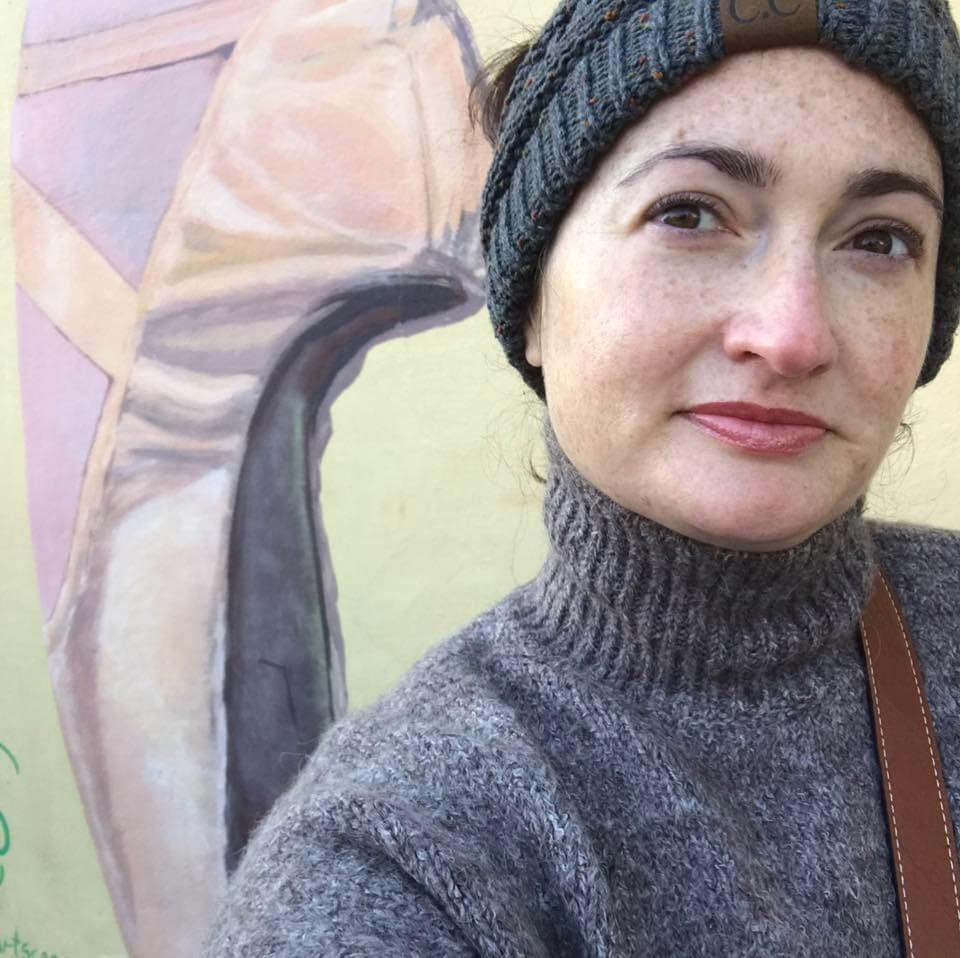By Rebecca Gaunt
The Southern Poverty Law Center is representing a former Campbell High School student who was expelled, but was found by the state board of education to have been denied his due process rights by Cobb County School District.
The district is pursuing the matter, even though the student has since earned his GED and is attending trade school. At Wednesday’s hearing, SPLC attorney Claire Sherburne argued that the student has no intention of returning to any Cobb County School. His family has since moved out of Cobb.
The then-16-year-old sophomore, called N.G., was accused of possessing a vape pen with THC. He was suspended in September 2021 with the recommendation for expulsion for the remainder of the 2021-2022 school year and the first semester of the 2022-2023 school year.
Sherburne said that at the original hearing in 2021, the principal agreed that the expulsion for just 2021-2022 was sufficient and N.G. could return in fall of 2022.
Though N.G. filed an appeal, he served his expulsion while waiting.
The expulsion was overturned by the state in May. In July, N.G. received a letter from the district informing him that he was facing another disciplinary hearing Aug. 3, even though he had already missed most of 10th grade pending his appeal.
To read a copy of the letter sent to the student, follow this link.
“For the Cobb County School District and Superintendent Chris Ragsdale, it is not enough to rob N.G. of his tenth-grade education in violation of his due process rights,” Sherburne said in a press release earlier this week. “The district now wants to re-litigate his case, seeking an extended punishment, as retaliation for N.G.’s successful appeal.”
According to Sherburne, who spoke to the Courier after this week’s hearing, the suspension for the current semester was back on the table. Though N.G. doesn’t plan to re-enroll in any Georgia public school system, this would potentially prevent him from doing so if that were his intention.
The district’s witnesses included the previous and current principals of Campbell High School and the then-assistant principal in charge of discipline.
“All three of them testified that they had not been consulted or involved in the decision to seek an additional semester of punishment,” Sherburne said. “This was just purely retaliatory as a way to drag the family back to make sure the district ultimately won, so to speak.”
“Unfortunately the impact is potentially enormous just because, of course, if you’re a parent of a student, or a student in the district, and considering if you want to challenge the disciplinary decision against you, if you feel like the district then is going to come back and seek additional punishment even if you win, that chills your right or desire to want to appeal,” she continued.
In an effort to find the source of the directive for seeking additional punishment, Sherburne subpoenaed Superintendent Ragsdale. He filed a motion to have the hearing officer not enforce the subpoena and did not attend, though the hearing was held in the building where his office was located.
“The hearing started at 10:30 and ended around 2. That’s almost four hours that the district was paying their attorneys to be there. There were principals there. There’s an assistant principal there. There was a school resource officer there…this is taxpayer money that’s going into conducting these types of tribunals,” she said.
Ultimately, the hearing officer agreed not to impose additional punishment, but found him guilty of possessing the vape pen with THC. Sherburne said they will appeal that decision.
At the time of the incident, a school resource officer conducted a field sobriety test.
“At this hearing he couldn’t remember what the field test was, what it was called, didn’t really provide any details about how it works or anything like that. And he also explained that the field test on its own, isn’t conclusive…usually the substance would be sent off for a state administered test. The district didn’t have any results from any reliable state-administered test to present at the hearing,” she said.
From the press release:
“For years, the district denied N.G. necessary and legally required resources and services for his learning disability, causing him to fall significantly behind in his reading and math. But now the district is willfully wasting valuable taxpayer resources during the first week of school to further harm our client who simply wants to move on with his life. It’s disgraceful, and the Cobb County community should be outraged.”
Cobb County’s desire to further punish N.G. is yet another example of how the district disregards children of color and funnels them into the school-to-prison pipeline.
In Cobb County, Black, disabled people face increased rates of policing and state violence, and this violence often begins at schools. Black students are only 33% of the student population in Cobb County, but they make up nearly 53% of those receiving disciplinary action. Students with disabilities are only about 13% of the student population, but they make up 28% of those receiving discipline. Instead of investing in Cobb County students, many students like N.G. are discarded through harsh discipline policies and practices.
“It is long overdue for Cobb County to invest its resources in creating a welcoming school environment for students of color and students with disabilities instead of pushing them out,” Sherburne said.

Rebecca Gaunt earned a degree in journalism from the University of Georgia and a master’s degree in education from Oglethorpe University. After teaching elementary school for several years, she returned to writing. She lives in Marietta with her husband, son, two cats, and a dog. In her spare time, she loves to read, binge Netflix and travel.
